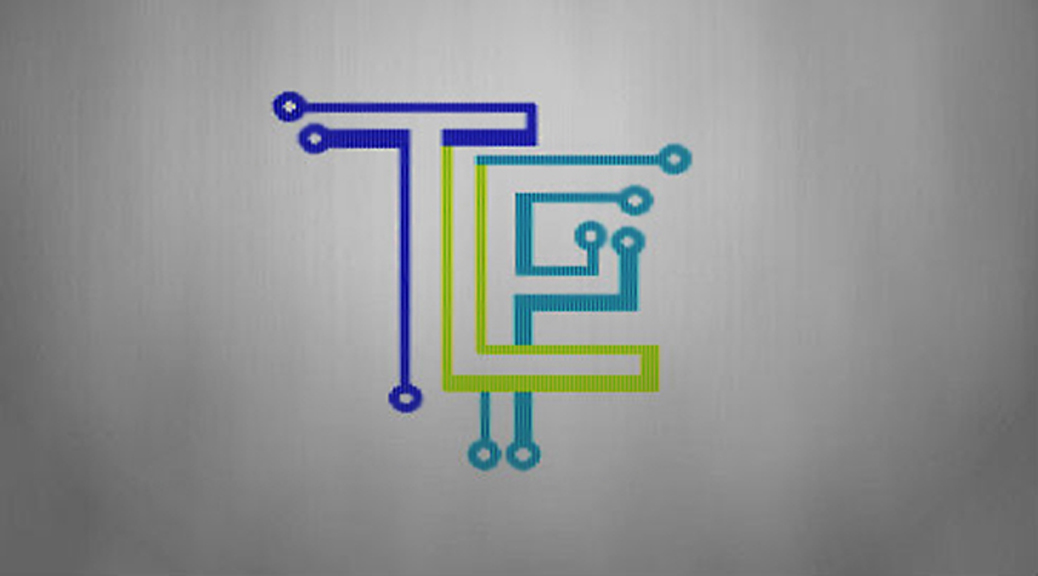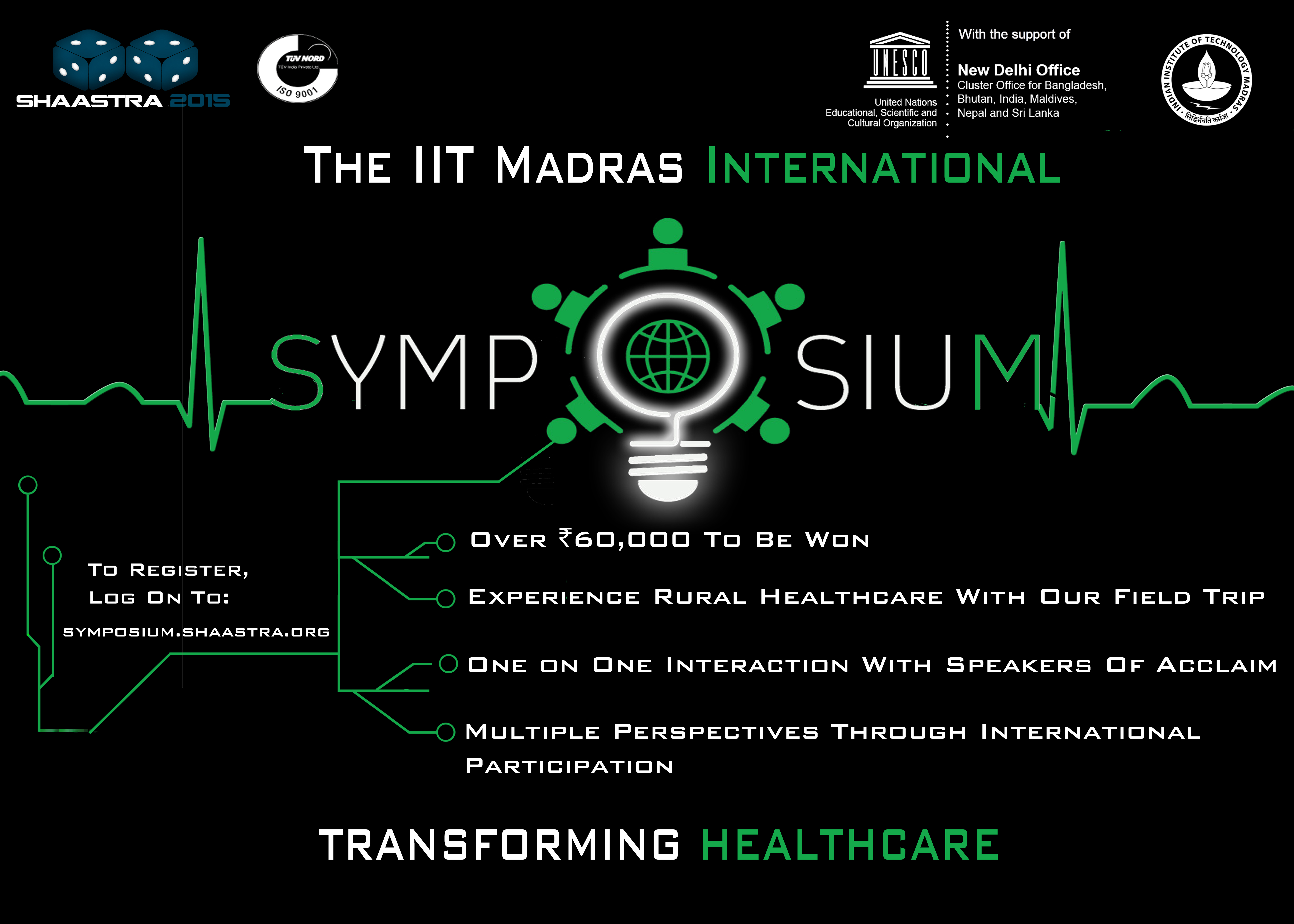1. Drug-buying robot arrested in Switzerland, Patrick Howell, DailyDot. 2. Flipkart content ‘objectionable’ for Telangana, Anandita Singh Mankotia, TheEconomicTimes. 3. EU response to Free Speech killings? More internet censorship, David Meyer, Gigaom. 4. The Less Annoying Future of Google Glass, Vauhini Vara, The New Yorker. 5. How Indian telecom operators defend their attack on net neutrality, Nikhil Pahwa, Medianama.
Category: Others
Editors' Picks (04/01/15)
1. Net neutrality: Trai’s paper to give insight into what future holds for freedom of internet in India, Romit Guha, EconomicTimes. 2. A Robot Really Committed A Crime: Now What?, Ryan Calo, Forbes. 3. Government decides to unblock four websites out of 32, IANS, Business Standard. 4. How the internet’s engineers are fighting mass surveillance, David Meyer, Gigaom….
Indian Convergence Law – Forever 'in the Pipelines'?
(Image Source: https://flic.kr/p/pVxM7q) Back in the year 2001, when the same government was in power, it tried to pass a bill called the Communication Convergence Bill, 2001. The Bill failed, due to reasons mentioned later in the post, but apparently it isn’t quite ready to die yet. The Bill has now been revived as the Communication…
Editors' Picks (16/11/14)
1. It Looks Like India’s Going to get a Web Filter, by Nikhil Pahwa, Medianama. 2. Up-vote all you want, but the Internet isn’t a democracy, by Caitlin Dewey, The Washington Post. 3. A Horse of a Different Color: What robotics law can learn from cyberlaw, Ryan Calo, Slate. 4. Embracing HTTPS, By Eitan Konigsburg, Rajiv Pant and Elena Kvochko,…
Announcement: New Guest Editor, giving us the perspective of an Engineer!
It is my great pleasure to announce our new Guest Editor, Sahebjot Singh. Sahebjot is currently a computer science major at the Manipal Institute of Technology, and is an avid programmer and web developer, who also enjoys dabbling in physics. He has worked earlier at a few startups, including Fracktal Works, a 3D Printing startup,…
Techlawtopia – on the intersection of Technology, Law, and Society
Amlan Mohanty, an NLSIU-grad currently working at Trilegal and an all round Technology Law scholar (read: stud), has launched a new project – Techlawtopia. Techlawtopia is a non-profit website exploring the intersection of technology, law and society, and has blog posts, legal resources, and primers (which, personally, I found extremely interesting) on technology law-related topics. The website already looks quite interesting,…
Shaasthra: IIT Madras International Symposium on Healthcare
A little bit about us: Shaastra, Asia’s largest student run festival, is the annual technical festival of IIT Madras. It is the first ISO 9001:2008 certified student-organized technical festival. Shaastra is scheduled to be held between the 3rd and 6th of January 2015. Cash prizes worth Rs. 60,000 to be won!
Editor's Picks (12/10/14)
1. Why the Trolls Will Always Win, by Kathy Sierra, Wired. 2. Online Native Ads Are Held To Higher Standards Than Those On TV, by Danielle Wiley TechCrunch. 3. It’s now legal to make backups of movies, music, and e-books in the UK, by Megan Geuss, ARSTechnica. 4. Georgetown law professor says Apple may now be a regulated financial institution,…
TechLawForum@NALSAR noted on SpicyIP!
It is with great pleasure that we announce that the TechLawForum@NALSAR Blog has found mention on SpicyIP in its list of “New Online IPR/Media/Tech Resources – For Students, Teachers and Researchers“! The post specifically notes the 101s and the Commons, and also notes the wonderful Teaching and Learning Resources initiative of the Centre for Communication Governance (CCG,…
A Wolf in Sheep’s Clothing: The Trans-Pacific Partnership
[Image Source: http://flic.kr/p/osRzan] After the scrapping of the ‘Stop Online Piracy Act’ (SOPA) and the ‘Protect IP Act’ (PIPA) in the U.S., one could have been under the impression that the Internet would be free from unadulterated interference by the government. SOPA and PIPA basically gave the government unprecedented powers to shut down any website/blog…



